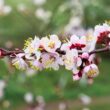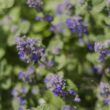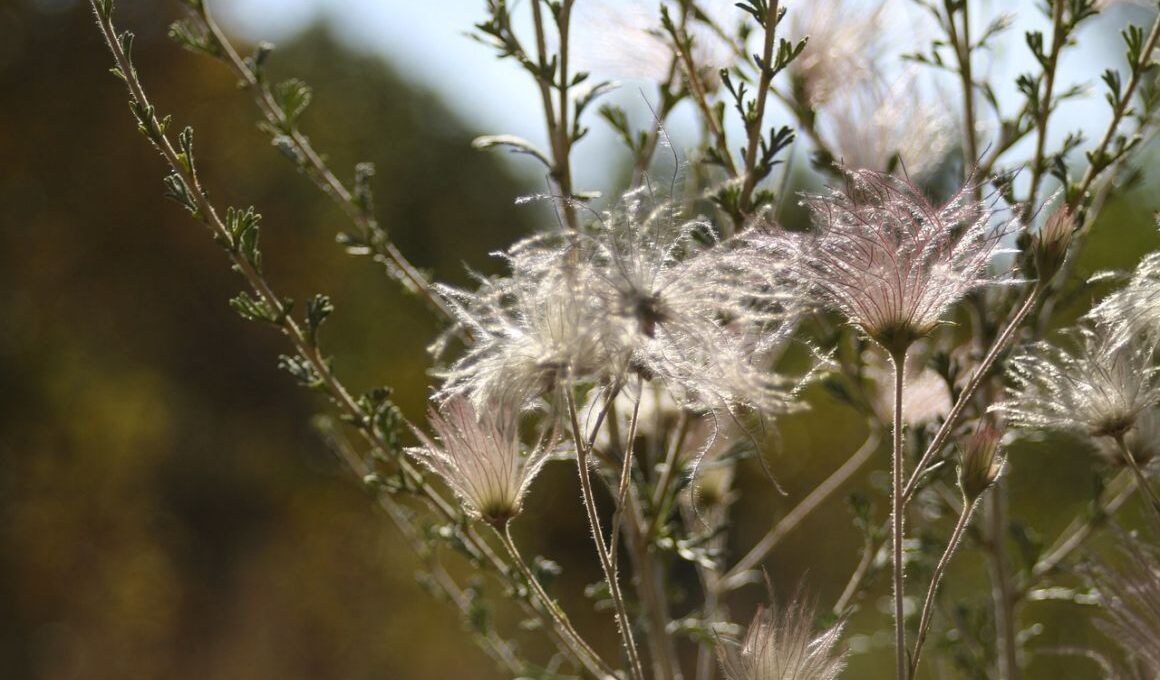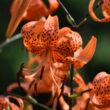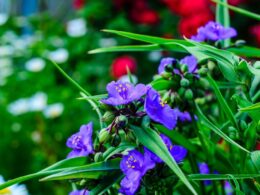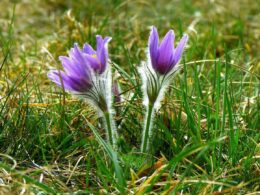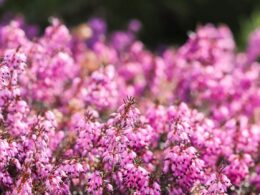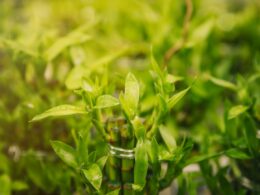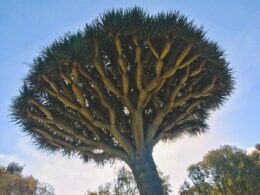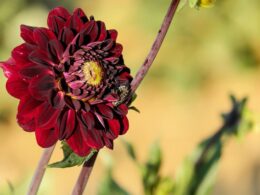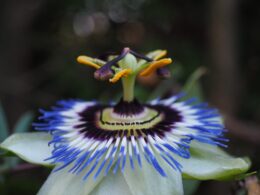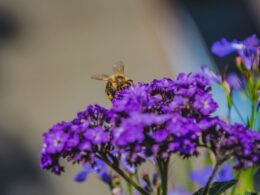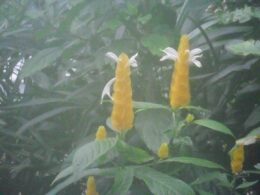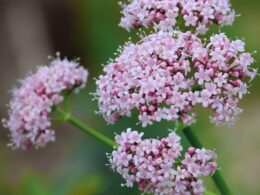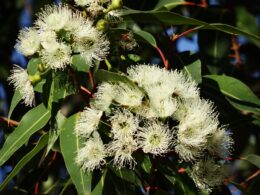Have you ever seen a prairie smoke flower? If not, you’re in for a real treat. These plants are beautiful and unique, and they can be found in certain parts of the United States. In this guide, we’ll tell you everything you need to know about prairie smoke blooms, including where to find them and what makes them so special. Ready to dive in?
Prairie Smoke Flower (Geum Triflorum) Morphology
Geum triflorum, commonly known as the prairie smoke flower, old man’s whiskers or three-flowered aven, is a herbaceous perennial plant in the rose family. It is a native plant to North America, where it occurs in the central and western United States, as well as in Canada. The plant has hairy, palmate, fern-like leaves and pinkish-purple flowers that bloom in the spring. The flowers are pollinated by bees and other insects. The fruit looks like a plume, and at the same time it is a seed head – a small, dry capsule that contains seeds.
Prairie smoke plants are hermaphrodites, meaning they have both male and female reproductive organs. This plant has 5 petals, 5 sepals, and 10 stamens. The pistil is composed of 2 carpels that fuse together to form a single, long structure. This fused pistil is called a gynoecium.
The flowers are feathery, borne on slender stems that arise from a rosette of foliage at the base of the plant. Each plant stalk has 1-3 flowers. They are pinkish-purple with yellowish stamens. They bloom in the spring, typically from April to June.
Prairie Smoke Flower: Growing Tips
Prairie smoke flower is a beautiful and unusual plant that adds interest to any garden. This native North American wildflower is related to the more familiar yarrow and grows similarly. These prairie plants are very easy to grow and care for, and they make an excellent addition to any landscape.
These prairie flowers are best grown in full sun to partial shade. They prefer a well-drained soil, but will tolerate a wide range of soil types. Once established, these plants are quite drought tolerant.
Prairie smoke plants are quite low maintenance and require little care once they are established. Water regularly during the first growing season to help them become established. Fertilize in the spring with a slow-release fertilizer designed for blooms.
Prairie smoke plants are relatively pest and disease free. However, they can be susceptible to powdery mildew if grown in too much shade.
Prairie Smoke Flower: Propagation
Prairie smoke flowers are typically grown from seed. The seeds can be started indoors or directly outdoors. If starting indoors, sow the seeds on the surface of a sterile seed starting mix and cover with a thin layer of sand. Place the tray in a cool location with bright light but no direct sun. Keep the soil moist but not wet and the seeds should germinate in 14-21 days.
Once the seedlings have emerged, transplant them into small pots or cell packs filled with a good quality potting mix. When the plants are large enough to handle, thin them so that they are spaced 12-18 inches apart.
Prairie smoke flowers can be planted outdoors in the spring or fall. Choose a location in full sun to partial shade and prepare the bed by turning the soil and removing any weeds or debris. Plant the seedlings at the same depth that they were growing in the pots and water well.
Prairie smoke flowers – gently nodding in the wind – are beautiful and unique plants that make a great addition to any rock garden.



